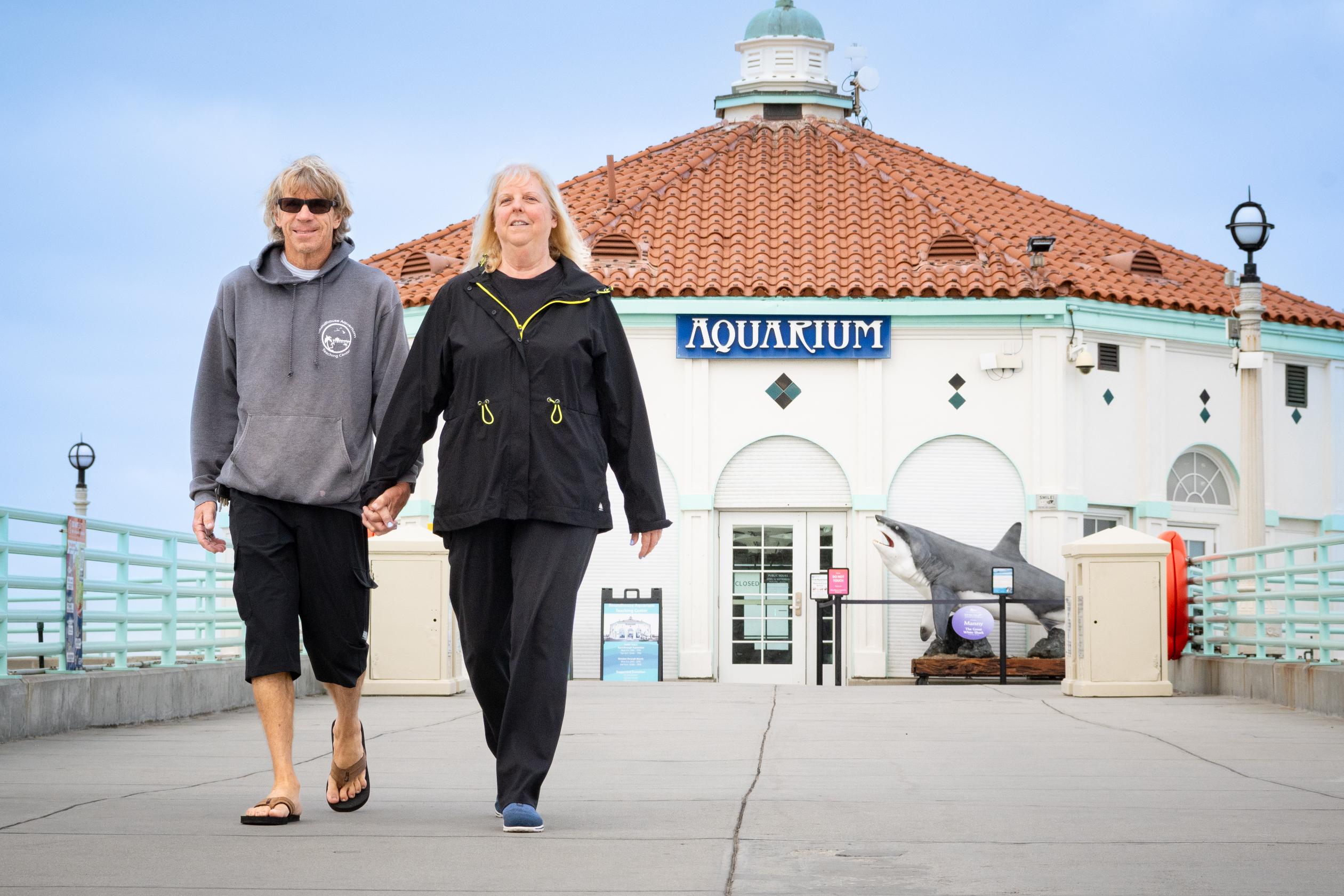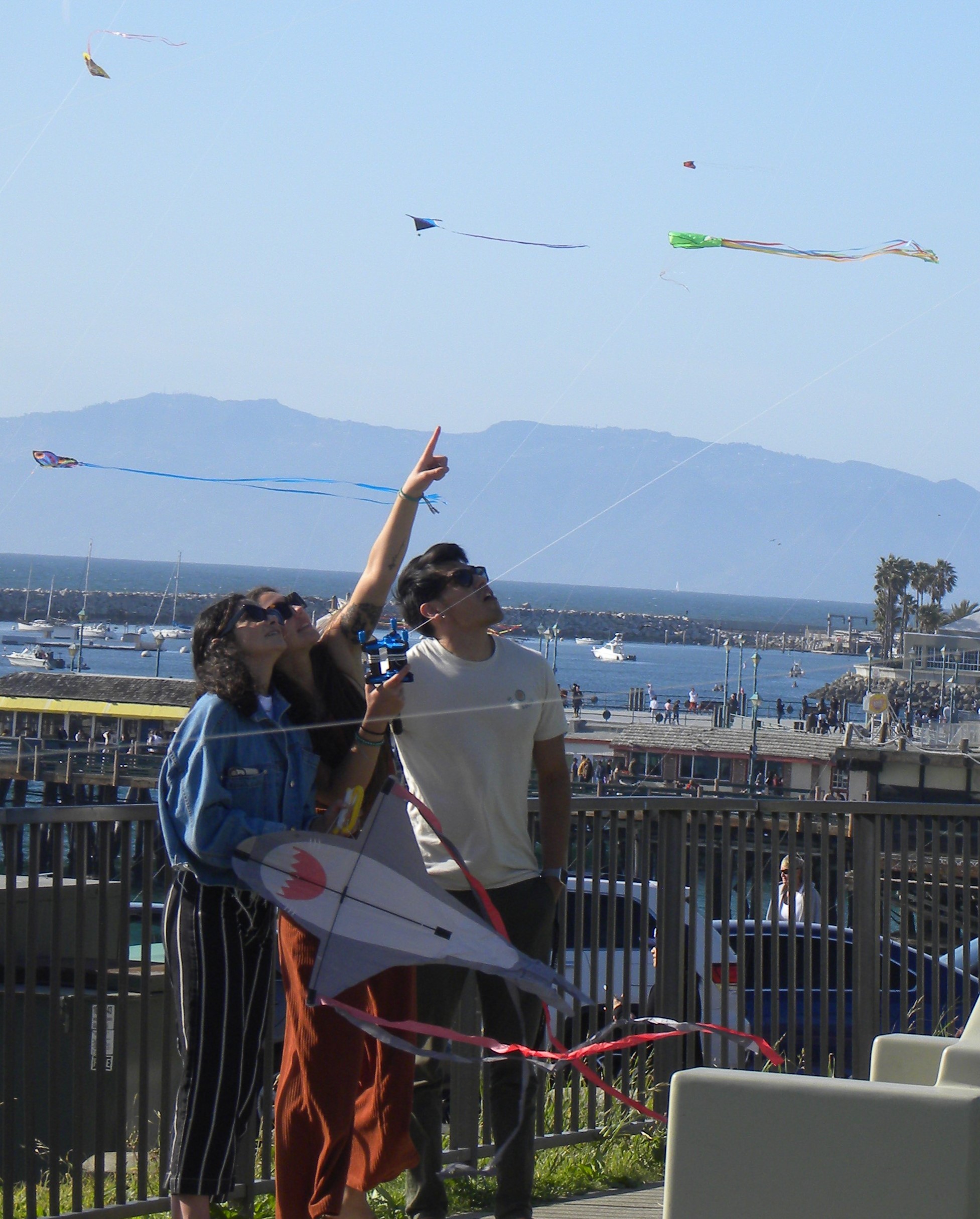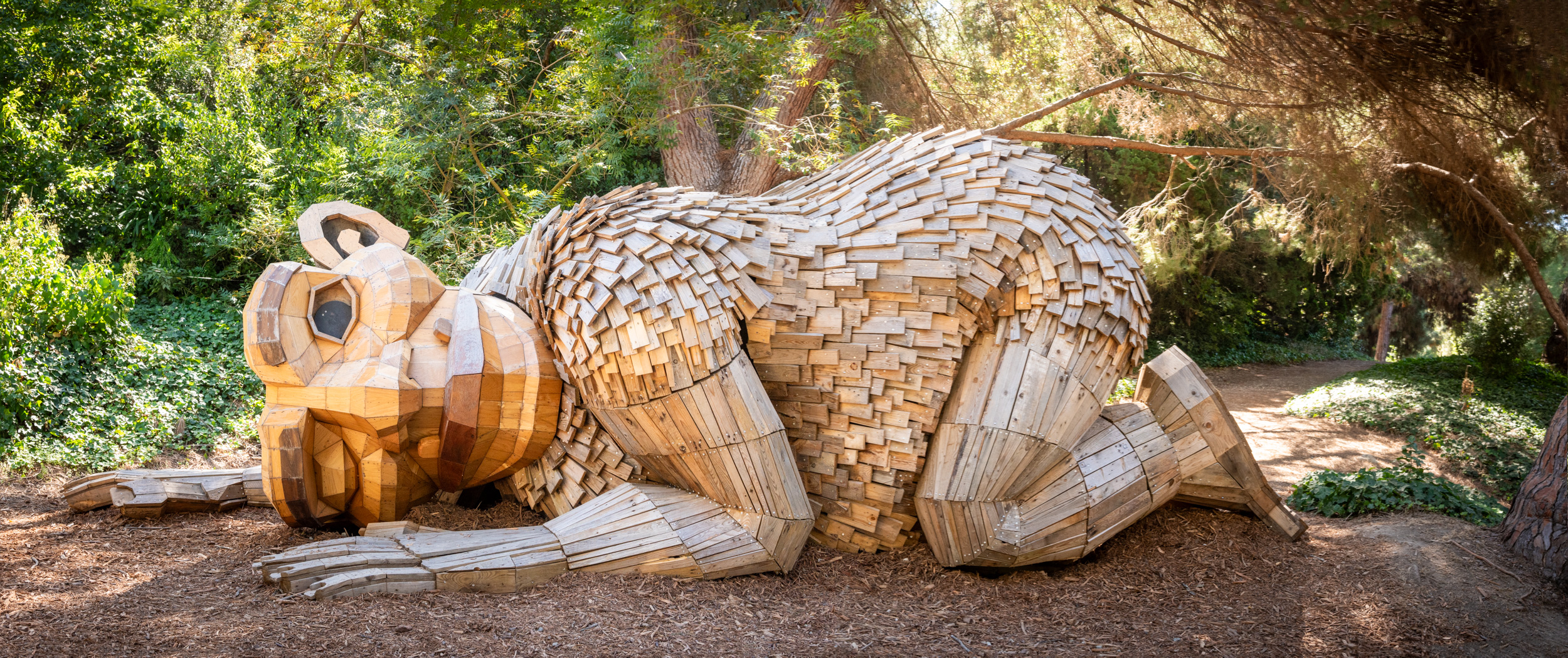Since first being thrown overboard by my father Jacques Yves Cousteau at the age of seven, I have felt compelled to explore the sea. We know more about the surface of the moon than we do about our own ocean. How can we protect what we don’t yet understand? This is what has made me want to continue to support the philosophy of my father through our efforts at the Ocean Futures Society.
We have the knowledge and technology to recognize that humans are the biggest threat to our oceans. Overfishing, pollution, climate change, ocean acidification are all impacting the ocean. The ocean is our life support system. We need to stop harming it because what we do to the ocean we ultimately do to ourselves.
It is ironic that the depletion of our ocean resources began accelerating at the same time we were donning dive masks and witnessing the richness of the ocean first hand over 50 years ago. Just as we started to appreciate the ecological role of individual marine species, we were improved our fishing technology and began taking marine life faster than it reproduce.
We now understand how everything is connected. We now appreciate the need to set aside protected areas in the ocean, just as we have done on land. But, we are over 100 years behind in our conservation measures when it comes to protecting our marine assets. We protect over 14 percent of our land, but less than 1 percent of the ocean. It is time to recognize the importance of marine protected areas as a way to increase abundance, improve biodiversity and provide a nursery for species, which will spill over into areas open to fishing. It is a win-win situation for us all. Ninety percent of all large fish populations are at risk from overfishing and most commercial fisheries are in decline. The problem is enormous but the solution is clear, quickly effective, and costs little.
But this is where the heart comes in and where we must remain hopeful. Otherwise, I would not keep traversing the planet, sharing the mission of Ocean Futures Society, empowering people to take personal responsibility for the long-term sustainability of our ocean. It starts with the individual; it starts with the heart and a desire to care.
The more I learn about the ocean, the more I realize how little I truly understand it. Even after all these years, a sense of exploration and wonder fills me each time I dive.
We must connect the ocean to the existence of every human being. This is the only way for people to understand that the quality of our lives depends on the ocean.
My father said, “People protect what they love,” and so we want more people to fall in love with water.
I say, “Protect the ocean and you protect yourself.”
In this column let’s keep up the conversation on how to do that? We can be serious about the challenge, and have fun at the same time.
For more information, visit OceanFutures.org.








